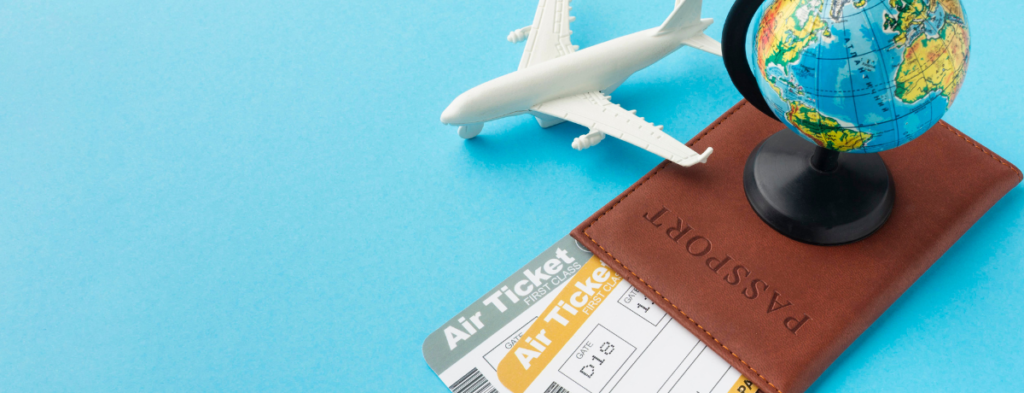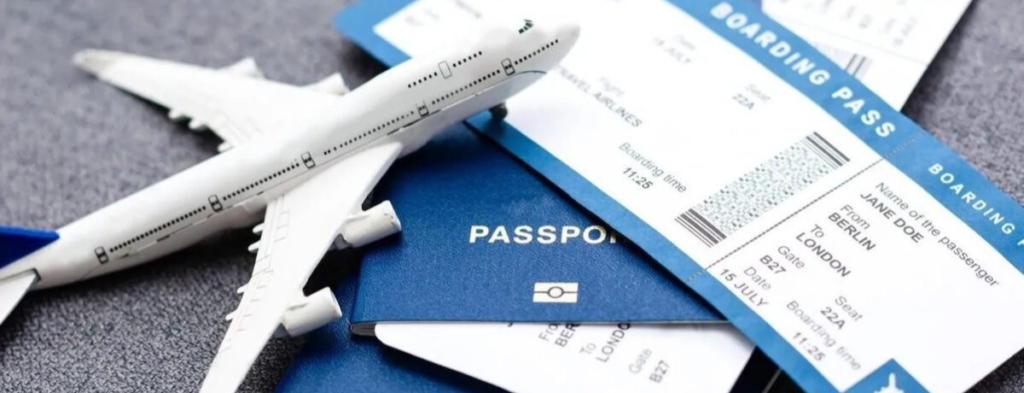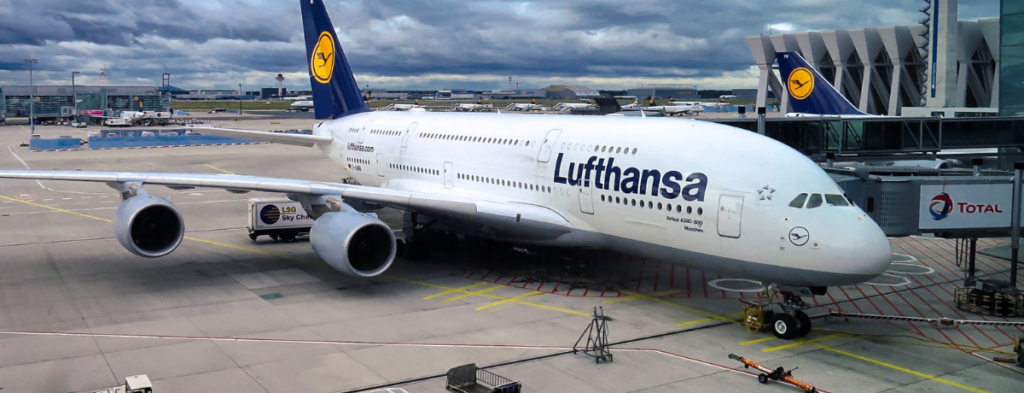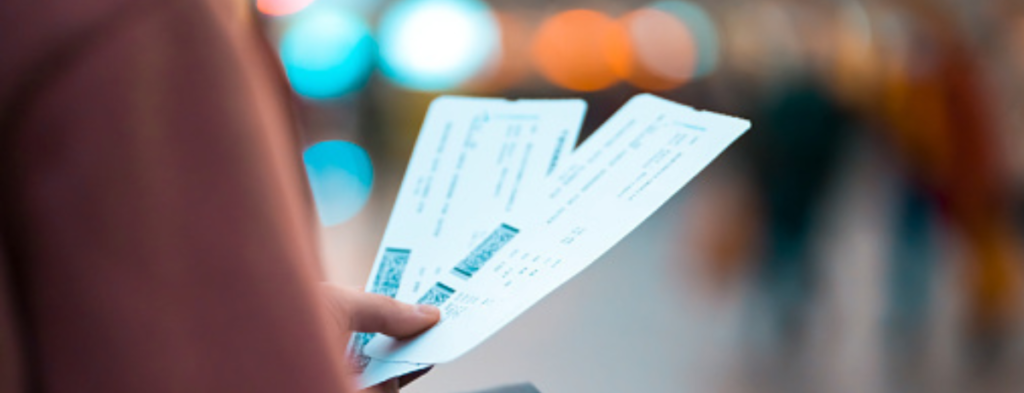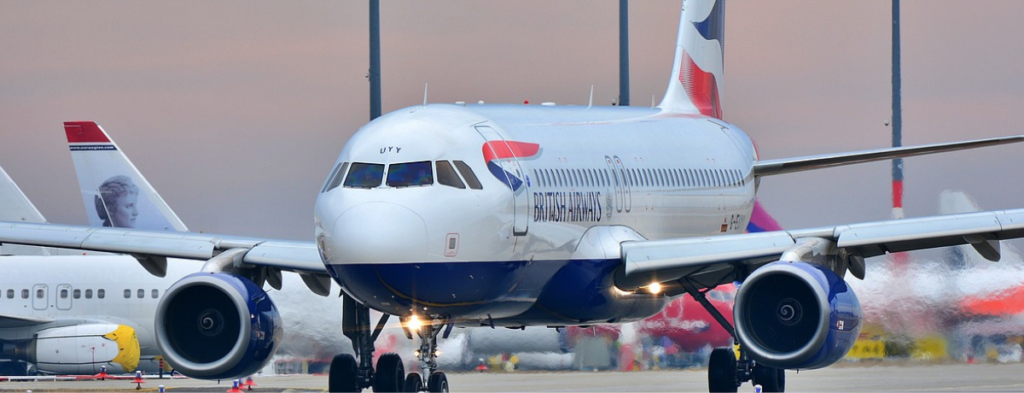A visa interview is a critical step in securing your travel or relocation plans, whether you’re a student, worker, tourist, or immigrant. A successful interview can pave the way for an exciting new chapter in your life. However, it can also be a source of anxiety, especially if you’re unfamiliar with the process or unsure how to prepare. To help you put your best foot forward, here’s a comprehensive guide on how to prepare for a successful visa interview.
1. Understand the Visa Type
Before stepping into the consulate or embassy, make sure you thoroughly understand the type of visa you are applying for. Whether it’s a student visa, work visa, or tourist visa, each type has specific requirements and expectations. Knowing your visa type ensures you can answer questions confidently and accurately during the interview.
For instance, a student visa interview will typically focus on your educational background, the course you plan to pursue, and your financial ability to fund your studies. Meanwhile, a work visa interview may focus on your professional experience, the job offer, and your qualifications.
2. Review Your Application and Supporting Documents
During the interview, the consular officer will review the information you provided in your application. Therefore, it’s important to revisit your visa application and ensure all details are accurate and up-to-date. Familiarize yourself with every piece of information you’ve submitted, as you may be asked to explain or elaborate on certain points.
Also, prepare and organize your supporting documents. Common documents include:
- Passport (valid for at least six months beyond your intended stay)
- Visa application form (completed and signed)
- Recent passport-sized photographs
- Financial documents (bank statements, sponsorship letters)
- Educational or employment certificates (depending on visa type)
- Acceptance letter from a university or job offer letter
Having these documents readily available during the interview helps in building a strong, transparent case for your visa approval.
3. Practice Common Interview Questions
While every visa interview is unique, there are common questions that you can prepare for to feel more at ease. Some typical questions include:
- Why are you visiting this country?
- How long do you plan to stay?
- Who is sponsoring your trip?
- What are your ties to your home country?
- What do you plan to do after your visa expires?
Practicing these questions with a friend or family member can help you stay calm and composed during the actual interview. Answer honestly, clearly, and concisely, while remaining polite and respectful.
4. Demonstrate Strong Ties to Your Home Country
One of the key aspects of a visa interview is proving that you have strong ties to your home country and that you intend to return after your stay. Consular officers are particularly focused on this for temporary visas such as tourist or student visas. These ties can include:
- Family relationships
- Property ownership
- Employment or educational commitments
- Financial obligations
Make sure to highlight these connections when appropriate, as they will demonstrate your intent to return home after your permitted stay.
5. Dress Professionally and Be Punctual
Your appearance plays a role in making a positive first impression. Dress in business attire or something smart and formal for the interview. Looking neat and presentable shows that you take the interview seriously, which can positively influence the officer’s perception of you.
Additionally, be punctual! Arriving late to your visa interview may be seen as unprofessional and could jeopardize your chances of approval. Aim to arrive at least 15–20 minutes early to allow time for security checks and any unforeseen delays.
6. Be Honest and Transparent
The most important rule in any visa interview is to be honest. Don’t attempt to hide or fabricate information, as visa officers are trained to spot inconsistencies or dishonesty. If there’s a detail that might seem problematic, such as a gap in employment or an insufficient financial record, address it calmly and truthfully. Honesty is appreciated and helps build trust with the officer.
7. Maintain a Positive Attitude
It’s natural to feel nervous during a visa interview, but remember to stay positive and confident. The consular officer’s job is to assess your eligibility based on the information provided—not to reject your application outright. Approach the interview as a conversation rather than an interrogation. Maintain good eye contact, listen carefully to the questions, and don’t rush your answers.
If you’re unsure about a question or need clarification, don’t hesitate to ask the officer politely to repeat or explain it. A calm, respectful demeanor goes a long way in creating a favorable impression.
Conclusion
Preparing for a successful visa interview involves thorough research, organized documentation, and confident communication. Understanding your visa type, reviewing your application, practicing common questions, and maintaining a professional and honest approach are all key steps toward getting your visa approved. Stay calm, trust your preparation, and approach the interview with a positive mindset. Good luck!

